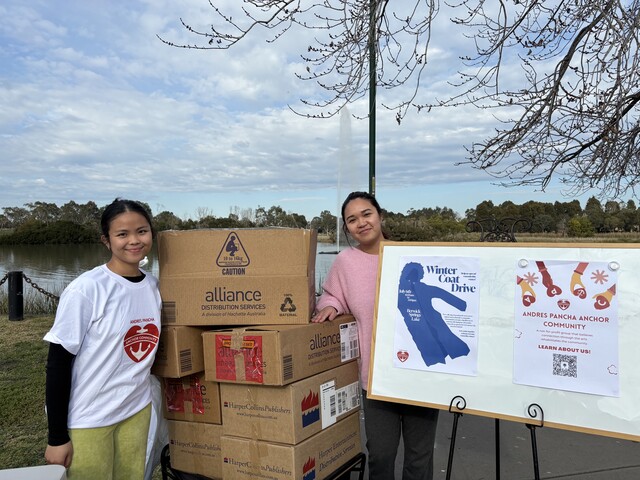Victoria’s Chief Health Officer Brett Sutton says he made the right call to close I Cook Foods despite evidence casting doubt on whether a deceased hospital patient had eaten I Cook sandwiches.
At an inquiry into the closure on 2 September, Professor Sutton said he didn’t know of Knox Council health inspector Ray Christy’s email at the time.
The email report stated that Knox Private Hospital reported patient Jean Painter ate sandwiches prepared in the hospital kitchen.
The report was sent six hours after the closure order was served on ICF’s Dandenong South kitchen at 4am on 22 February 2019. Prof Sutton didn’t know of it until it recently, the inquiry heard.
Even if Prof Sutton had the report, “I wouldn’t have changed my mind”, he said.
There was “no other reasonable explanation” for where the listeria infection came from. The evidence was “overwhelming”.
With ICF serving 7000 meals a week to “vulnerable” people at hospitals and Meals on Wheels, he had to act to avert a potentially large and fatal listeria outbreak, he told the inquiry.
Prof Sutton was asked why there were no other reported cases between Ms Painter’s infection in January 2019 and ICF’s closure a month later.
He said there may have well been milder unreported cases. “Not everyone is vulnerable to invasive listeriosis.”
Prof Sutton said his statement at the inquiry in 2020 that ICF was the sole supplier at the hospital was incorrect.
The other five suppliers raised in Mr Christy’s report were not investigated, the inquiry was told.
Prof Sutton said the closure was based on the “genetic fingerprint” linking the deceased patient’s listeria strain to four food samples from ICF’s factory.
It was a “strong” – though “not exact” – match that hadn’t been found in any other cases in Australia before or since the closure, he said.
Prof Sutton also took into account Ms Painter’s four-week food history provided by her next of kin and treating doctor – which included ICF packaged sandwiches at hospital.
Ms Painter’s daughters told the inquiry that their mother had eaten packaged ICF sandwiches on a “full ward diet” during her stay at hospital from 13-23 January.
She was put on a soft food diet, which excluded ICF sandwiches, after 25 January, they said.
Deputy CHO Angie Bone told the inquiry Mr Christy’s contradicting report was discussed by the department team, and deemed not as credible as other information.
ICF was said to be the hospital’s only supplier of “high risk” foods, Dr Bone said.
She said the department didn’t investigate the hospital’s own kitchen which also prepared sandwiches. There were no further listeria outbreaks at the hospital, so its focus on ICF was “in the right place”.
Dr Bone said Ms Painter would have been “much, much more unwell” if she had listeriosis prior to her admission.
She said the estimated onset of 21 January couldn’t be “absolutely definitive”, but “it just all ties up”.
“We don’t have to be absolutely definitive to protect public health.”
Waiting for a “cluster of cases” may have exposed “several thousand” to listeria, Dr Bone said.
Prof Sutton also noted Greater Dandenong inspectors finding ICF staff and supervisors had “little understanding” of safe food practices.
This was later verified by health department staff after the closure, he said.
After the hearing, ICF director Ian Cook said the genomic link was not confirmed by a report to Prof Sutton until after the closure order.
Other listeria strains closely related to Ms Painter’s strain had indeed been detected elsewhere, Mr Cook said.
They were in Western Australia and Queensland – markets that ICF didn’t supply.
He noted that the listeria levels found at ICF were “incredibly low” and within safe guidelines.
Mr Cook said the three-to-14-day incubation period for listeriosis meant Ms Painter may have contracted the poisoning before her hospital stay.







